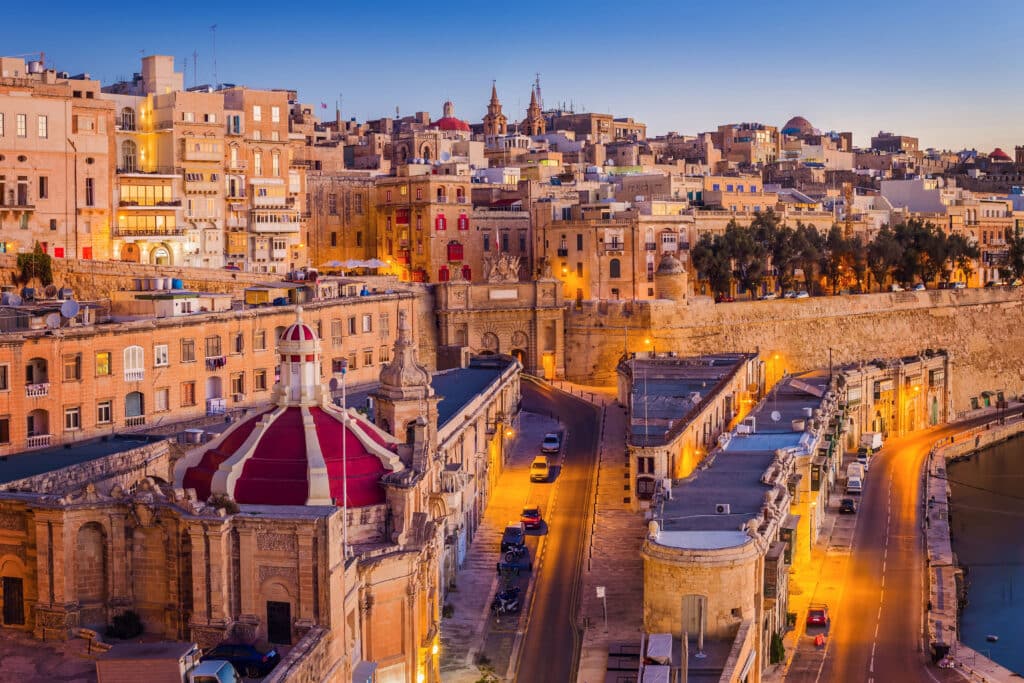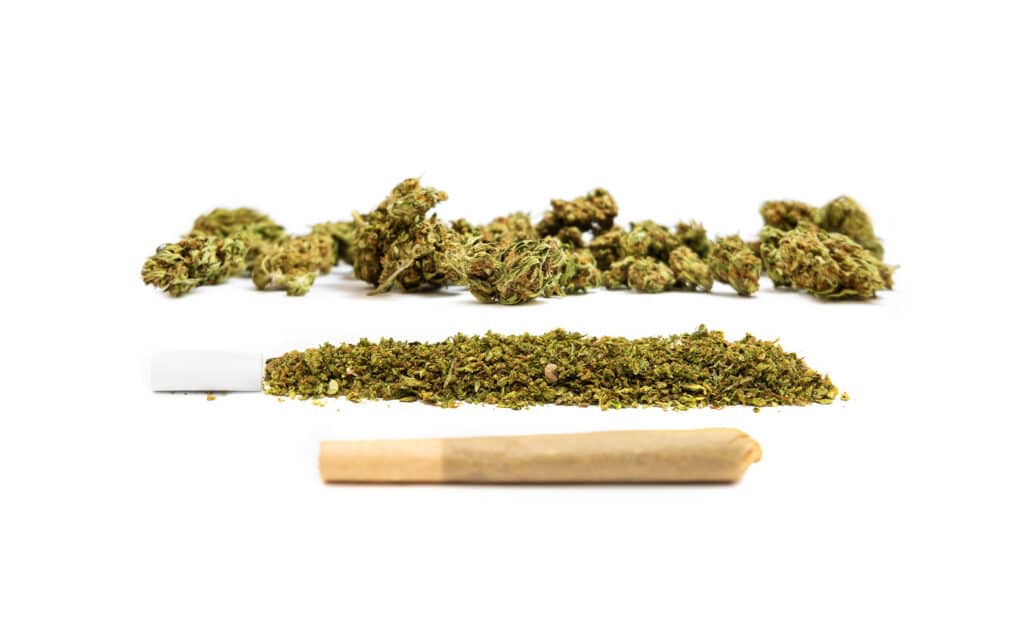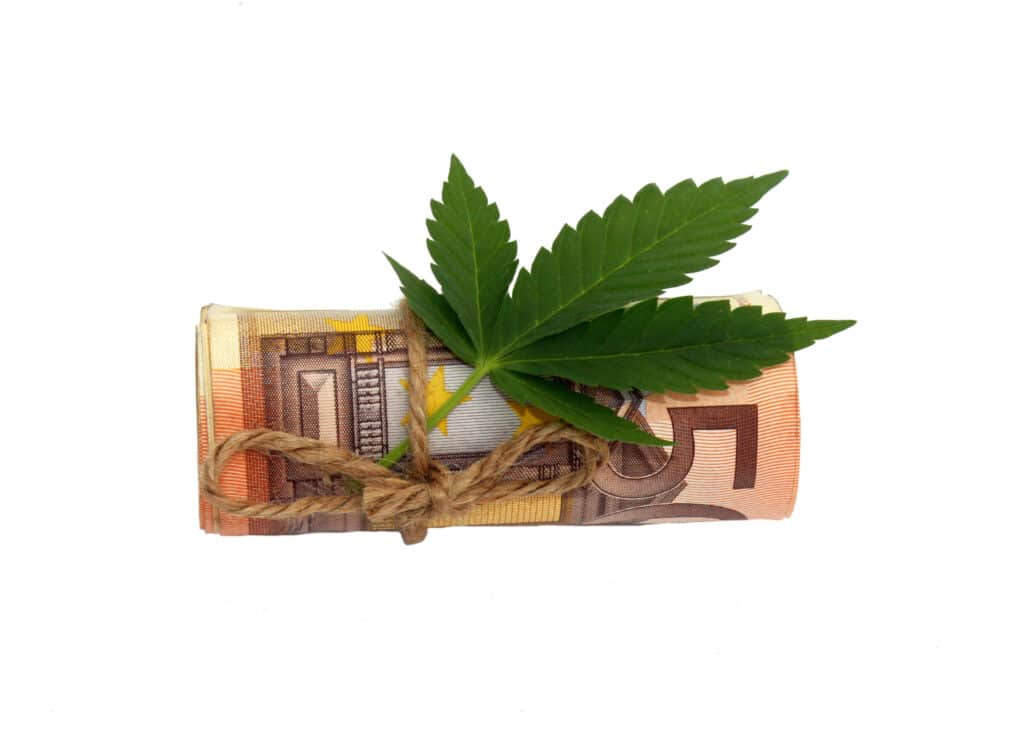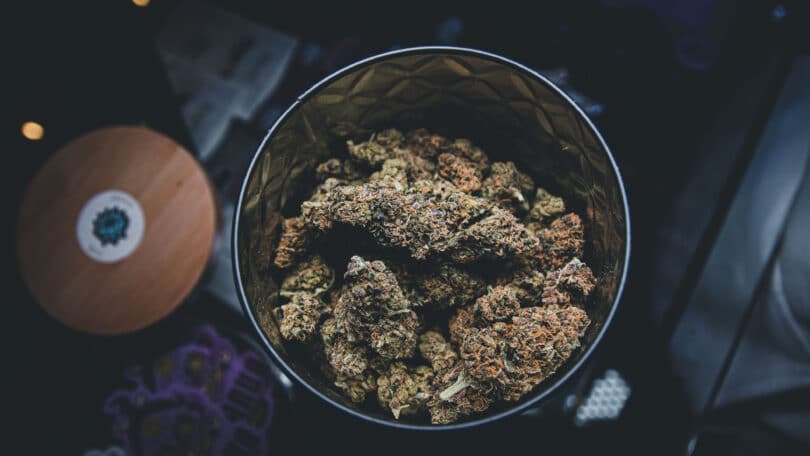The first EU cannabis legalization happened back in early 2021, with Malta. Now, with the first licenses given out, Malta cannabis associations, are ready to go.
What are associations?
On December 14th, 2021, Malta’s parliament passed bill no. 241, which legalized recreational cannabis use and cultivation. In doing so, it beat out Germany to be the first legal country in the EU. According to the new law, adults 18 years and older can carry up to seven grams, and grow up to four plants. A person can also store as many as 50 grams in a private location. The law does not cover a sales market.
Seven is a rather low number when you think about it. Most legalization laws allow for much more. This does imply, after all, that not more than seven grams can be acquired at once; since the country can’t allow a person to obtain in any one given time, more than they can carry. According to the law, a person found with 7-28 grams, will incur a fine of €50-100. This inability to carry much, but with an ability to store significantly more; makes it clear this is mainly a law that supports private growing.
Not everyone wants to grow their own weed, though, and the carry limit accounts for what can be obtained in a day through what Malta calls cannabis ‘associations.’ The associations are non-profit organizations, that act similarly to the cannabis clubs of a place like Spain. However, with some caveats, mainly that you cannot use them for social smoking. They are merely a way to obtain the weed. Each person can choose one association only; and each association can have no more than 500 members.

The new associations in Malta, are actually called “cannabis harm reduction associations,” and are meant to meet the needs of the population, without creating a sales market. They are meant to stay non-commercialized. Each resident can receive up to 50 grams a month from an association, but not more than seven grams in a day. The weed is grown by the association, which charges a membership fee to participants. Each participant pays a fee based on their own use habits, and never pays directly for the product.
Some cannabis clubs are for using everything right there. Nevada consumption lounges are an example. Often, however, these clubs work around legal systems (like Spain), and are mainly about disseminating flower only; without other products, and without any marketing. Some only allow procurement, with no use on site. This is the case for Malta; for which associations are only meant to obtain the weed. The associations set their own prices, which are projected to be competitive with the black market; and have no THC limit to adhere to.
Malta gives out first cannabis association licenses
It’s one thing to pass a law, and set parameters for an industry. It’s another thing for those parameters to be met, and for the industry to start up. The legalization measure passed in 2021, but everything I’m saying about the associations, is just according to the policy of the law. There are no associations giving weed out at the moment.
However, Malta recently gave out the first two operational licenses, according to a report in Malta Today. This means two associations can now start growing the weed that will be given out to participants. These first two associations are KDD Society and Ta’ Zelli. Authority for the Responsible Use of Cannabis (ARUC) Executive Chair Leonid McKay, made the announcement of these licenses on October 24th. The weed that’s grown by these associations must be tested by ARUC before dissemination.
This is just two, but the Maltese government also awarded four other in-principal licenses, according to Malta Today. This license is like a preliminary license, sort of like a driver’s permit. It allows the four companies to continue in the process of getting their houses in order; so as to be awarded the operational licensing.
The first two operational licenses signal the official start to Malta’s legal cannabis industry. Unless there is some issue or problem, the product is expected to be ready for consumers by February 2024, according to Transform Drug Policy Foundation, via Marijuana Moment. (Transform is a charitable foundation which may, or may not, be working with the government on policy).

Why associations and not a sales market?
The first likely answer, is simply a matter of what is possible, and what is not. Malta is part of the EU, and the EU doesn’t allow cannabis sales markets. A single member state deciding it wants to change its internal laws, does nothing to change the laws of its parent body. Whereas US states have the ability to open individual sales markets outside of federal approval; countries of the EU are not afforded this. Since associations get around the direct transfer of money for a product, and instead charge the money as a membership fee; they doesn’t break with EU mandate.
There is another reason why associations might be seen as preferable. One of the big issues of legal markets, is not adhering to black market pricing standards. This, coupled with unnecessarily costly regulation standards; creates a system of overly priced products, without enough sales points. For whatever excited headlines scream about all the tax money brought in by today’s cannabis markets; the numbers are far less than expected. And operators are hurting. It’s hard to imagine states like New York and Michigan, would so willingly want to work with native tribes, if there weren’t issues.
Associations are not sales markets, or at least not exactly. Although, having said this, since Malta did not institute any law about pricing, this technically means the associations can raise prices to whatever levels they deem fit. The thought and expectation – or at least what is said – is that the associations will price at black market levels, thereby being competitive with the black market.
Is a price ceiling important?
The Maltese government makes it sound important for its new industry to compete with the black market; but it didn’t institute any laws regarding a price limit, which could lead to higher-than-necessary pricing. Everyone does pay for their product in the end, and without a ceiling on the cost of membership fees, Malta does not rule out price gauging. In this way, though the government talks of not wanting a commercial market, it didn’t necessarily stop it from being an overpriced one.
Price ceilings are done in different ways, and simply dictate that prices must adhere to a limit. It could be that prices can’t rise above a certain level over a specific period of time, or that they can’t be more than a particular percentage above production costs, or in relation to other products. They can also be instituted as a maximum price that simply can’t be gone over. Such pricing regulation is instituted to ward off price gauging – which means setting prices abnormally high for a product.
When there are price ceilings, it means a company can’t legally charge above a certain amount for a product. These do not currently exist in Malta’s setup, however. Nor do they exist for any US state or Canada. We’ll have to wait and see how Maltese association operators price their goods, and if original prices remain stable over time; without price ceilings.

Regardless of pricing, one of the things associations absolutely do, is take out the idea of marketing. Weed is just weed for associations, and products are not marketed with bright colors, or big squiggly lines. This also means brands like Skittles or Mars, don’t have to worry about their trademarked information getting stolen; because there is no way for illegal companies to introduce products that rip off another company, or that could be unsafe. No inflated product claims exist in this world.
This is one of the defining aspects of associations, in the end; they take out the ability for direct commercialization of the market. With no products market outside of flower and seeds, and no product marketing in general; there is less of an issue with inflated prices. Competition between products cannot exist; and because of this, further pricing regulation really might not be needed.
Conclusion
It’s taken over two and a half years for anyone to get an operational license in Malta, to open legal cannabis dispensing associations; and it’ll take many more months to get the product to the people. But this news marks the official beginning of a legal recreational market in the EU; with likely many more markets to come. If this one doesn’t work out well; perhaps the next country, will formulate something better.
Welcome all weed fans, we’re happy to have you here. You’ve made it over to Cannadelics.com; where we report on the latest happenings in the wide world of weed. Don’t be a stranger; visit us regularly to stay up-to-date on stories; and check out the Cannadelics Weekly Newsletter; for cool product promos, that come with the news.









